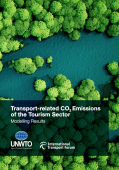
This report provides evidence of the CO2 emissions from tourism and the implications of the different modes of transport. It provides insights into the evolution of tourism demand across the different global regions up to the year 2030. It also presents the expected transport-related CO2 emissions of the tourism sector against the current ambition scenario for the decarbonisation of transport.
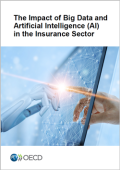
This report examines both the benefits and risks big data and AI can bring to the insurance industry. In particular, this reports discusses how the OECD Recommendation on Artificial Intelligence and the European Commission’s Independent High-Level Expert Group on Artificial Intelligence’s (HLAG AI) Ethics Guidelines for Trustworthy AI should be considered in the context of the insurance sector.
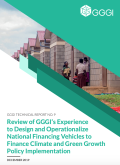
In nine countries—Colombia, Costa Rica, Ethiopia, India, Jordan, Mongolia, Rwanda, Senegal, and Vanuatu—GGGI has worked on the design, or redesign, and operationalisation of new or existing national financing vehicles (NFVs). This paper reviews GGGI’s experience, considers lessons learned for future NFV projects that GGGI expects to undertake, and shares the organisation’s experience with others active in the climate finance space.
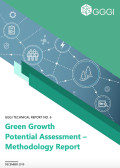
This report provides a detailed overview of the Green Growth Potential Assessment (GGPA) methodology in its current form and the extensive changes made to it since the first GGPA was conducted in 2015. These changes encompass all three stages of the assessment process: the preliminary assessment, consultation process, and final analysis.
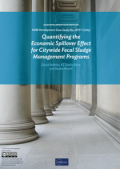
This report introduces a model describing the full financial realities of fecal sludge management (FSM) projects; a methodology for quantifying the costs, direct effects, and economic spillover effects; and a toolkit to calculate their net present values and the overall program’s internal rates of return. This is demonstrated in the report through two citywide FSM programs in the Philippines. In both programs, economic spillover effects include improved tax revenues, property values, and health outcomes, and the present values of the direct effects and economic spillover effects exceed the original capital expenditure. This implies that when the policy makers set user charges to cover the recurrent costs such as operation and periodic maintenance, the FSM programs would be sustainable.
